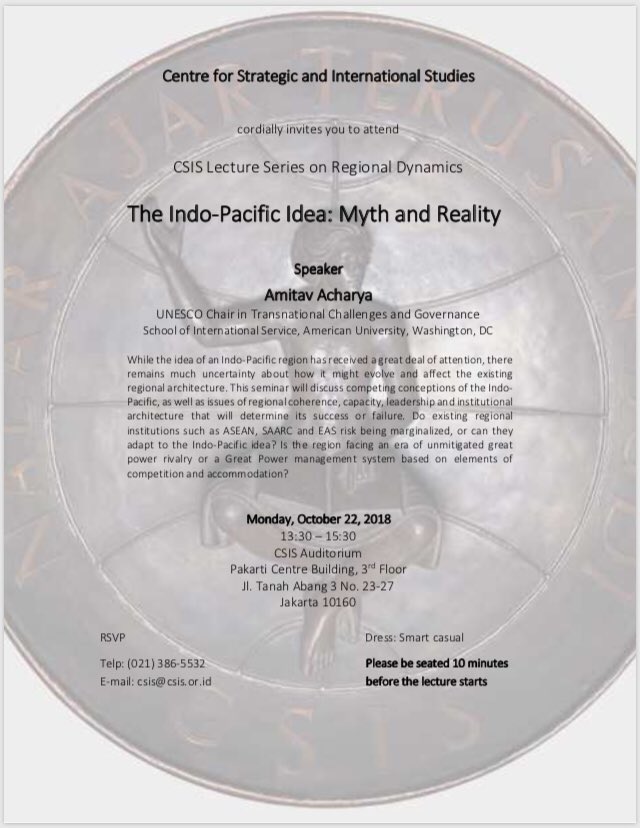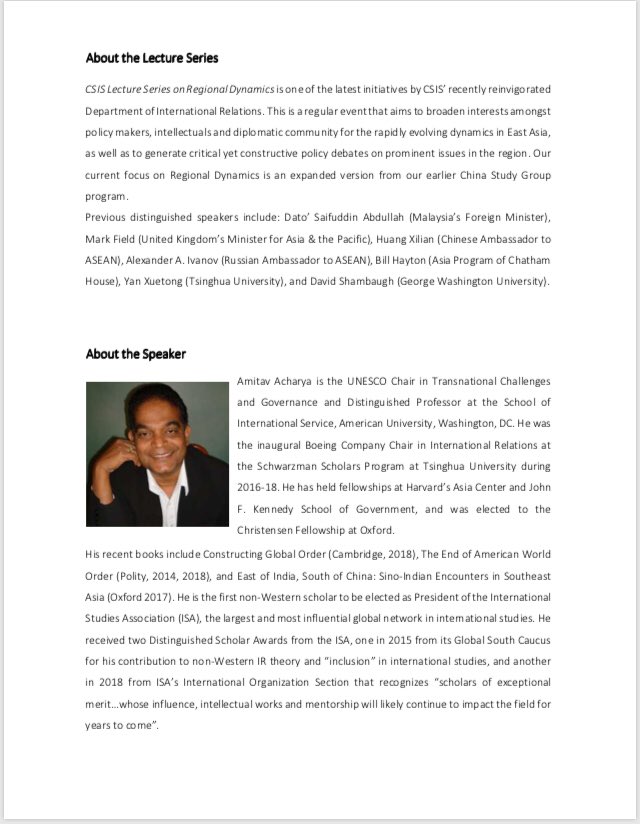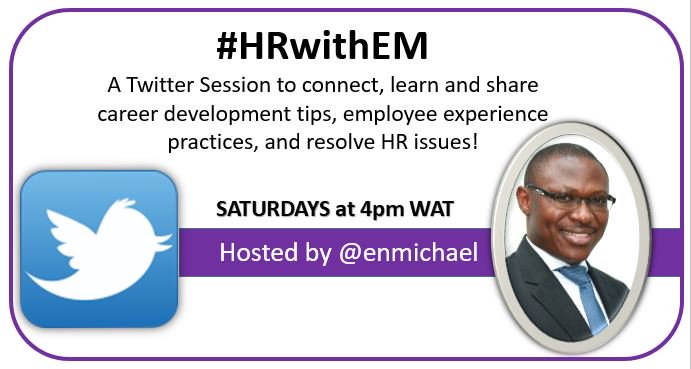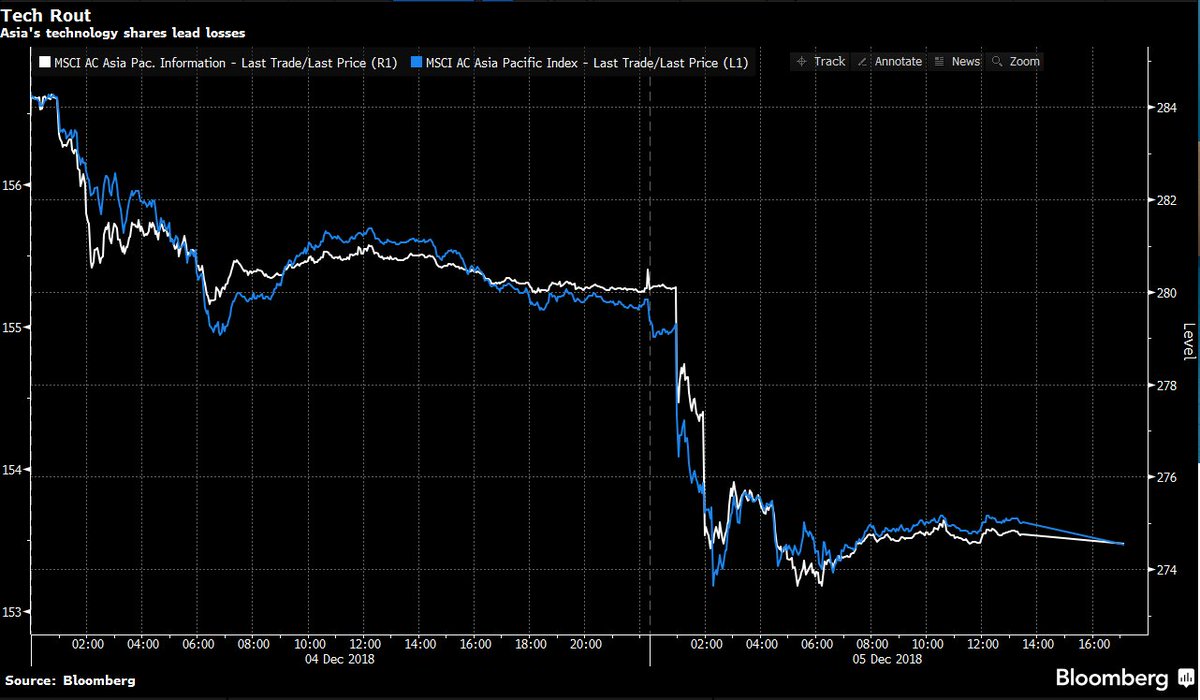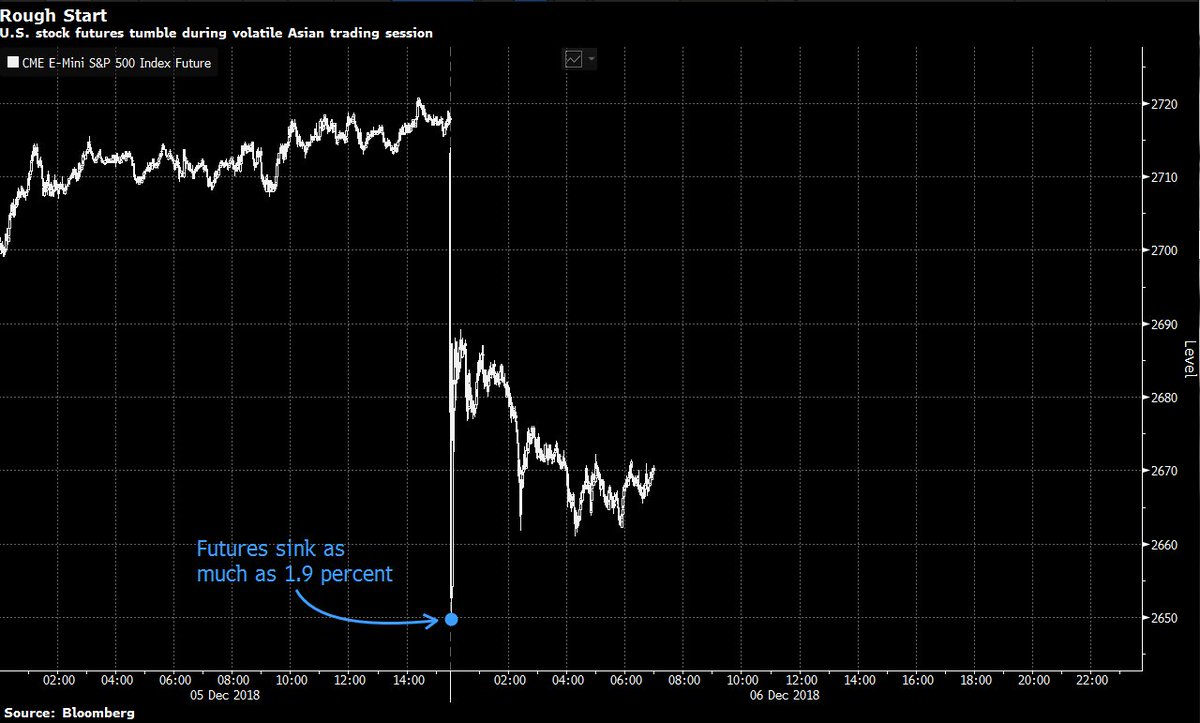1 Supervised learning: Statistics and regression
2 Unsupervised learning: Clustering the data and take an inherent structure from the data set
4 Symbolic reasoning: Graph search system
5 Other statistical techniques
All of these are necessary but insufficient to build the AI.
1. Pragmatic problem solving
2. Judicious decision making
3. Theory of mind
1. Bias and discrimination
2. Priority inversion
3. Placing too much trust in automation through machine learning
4. Deep fakes and the upcoming crisis of reality
5. The violation of privacy

